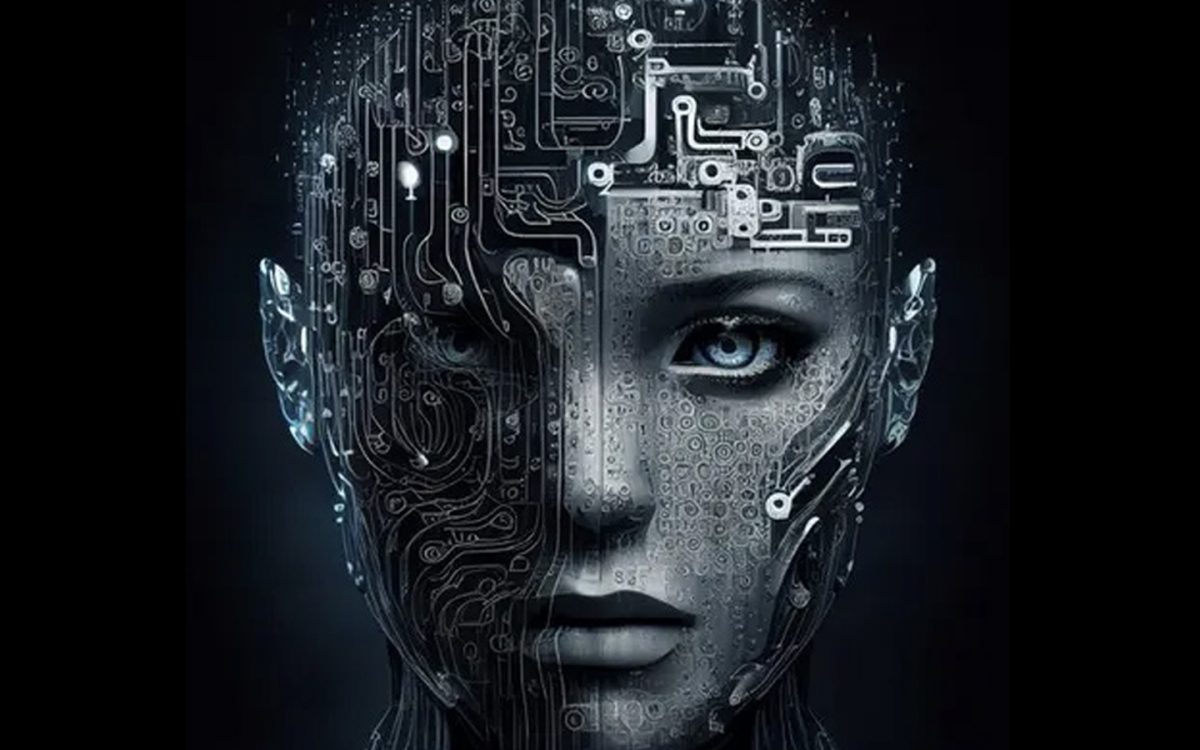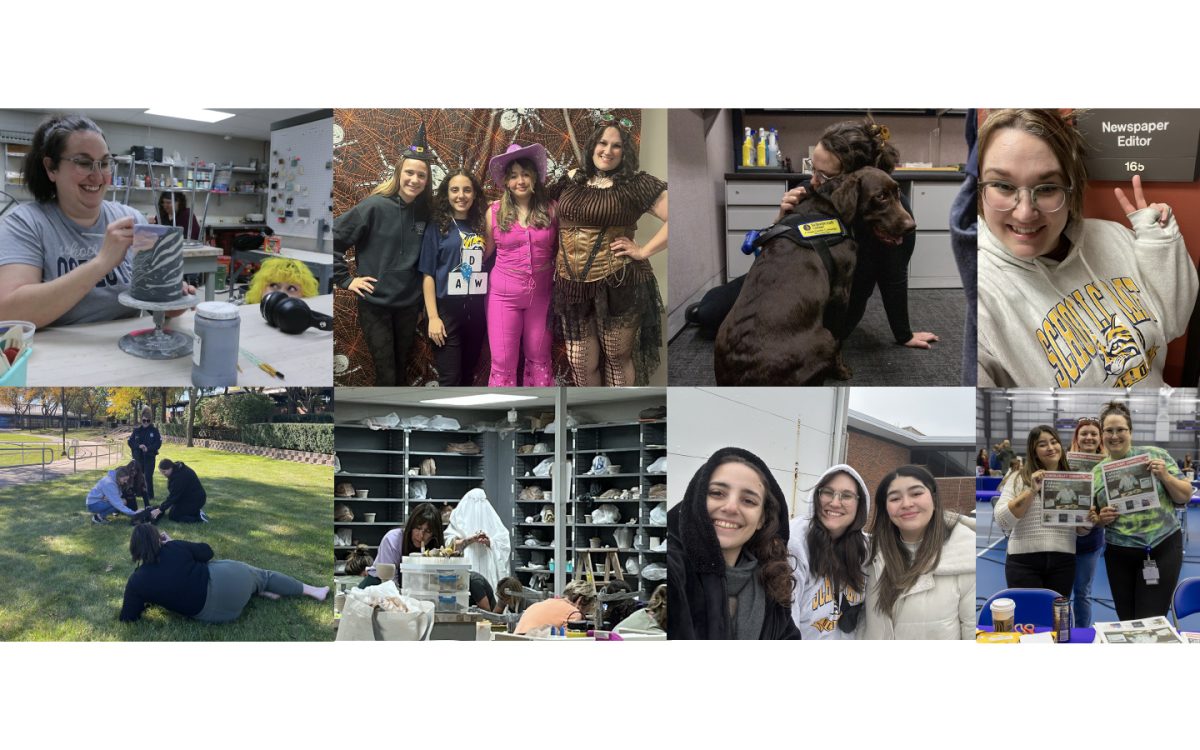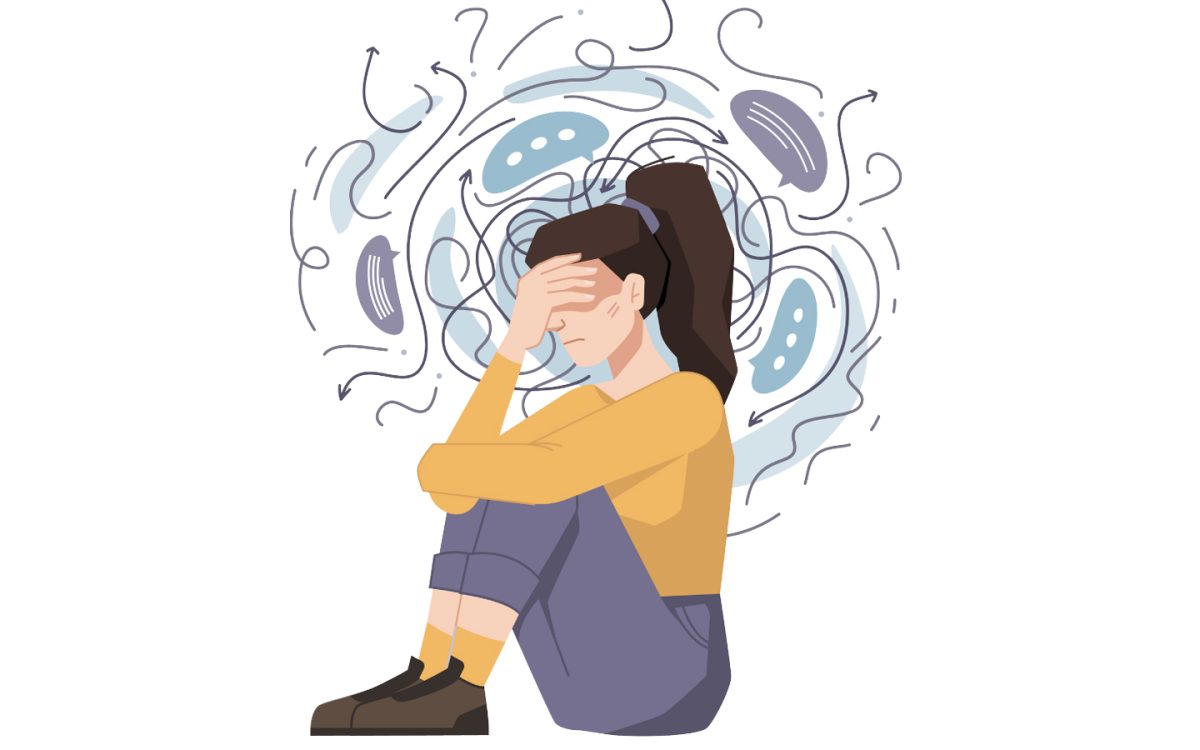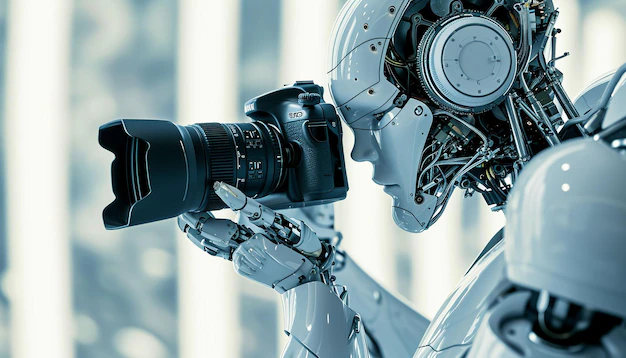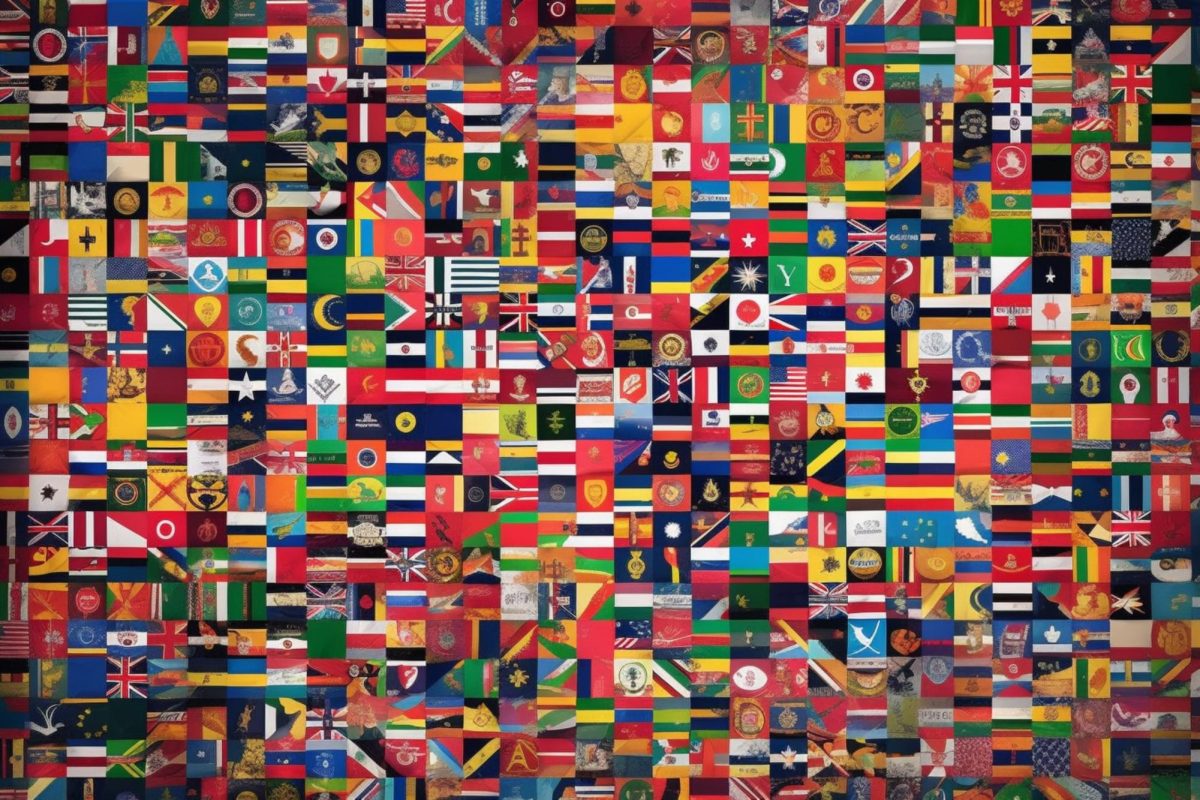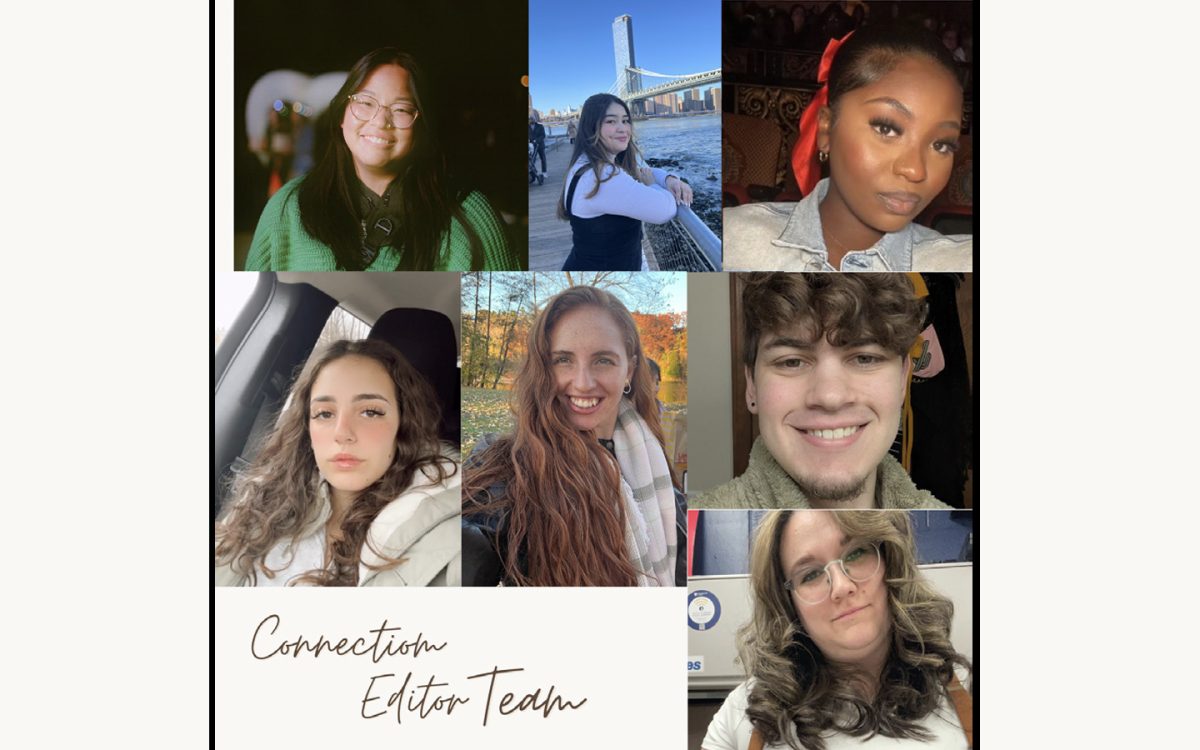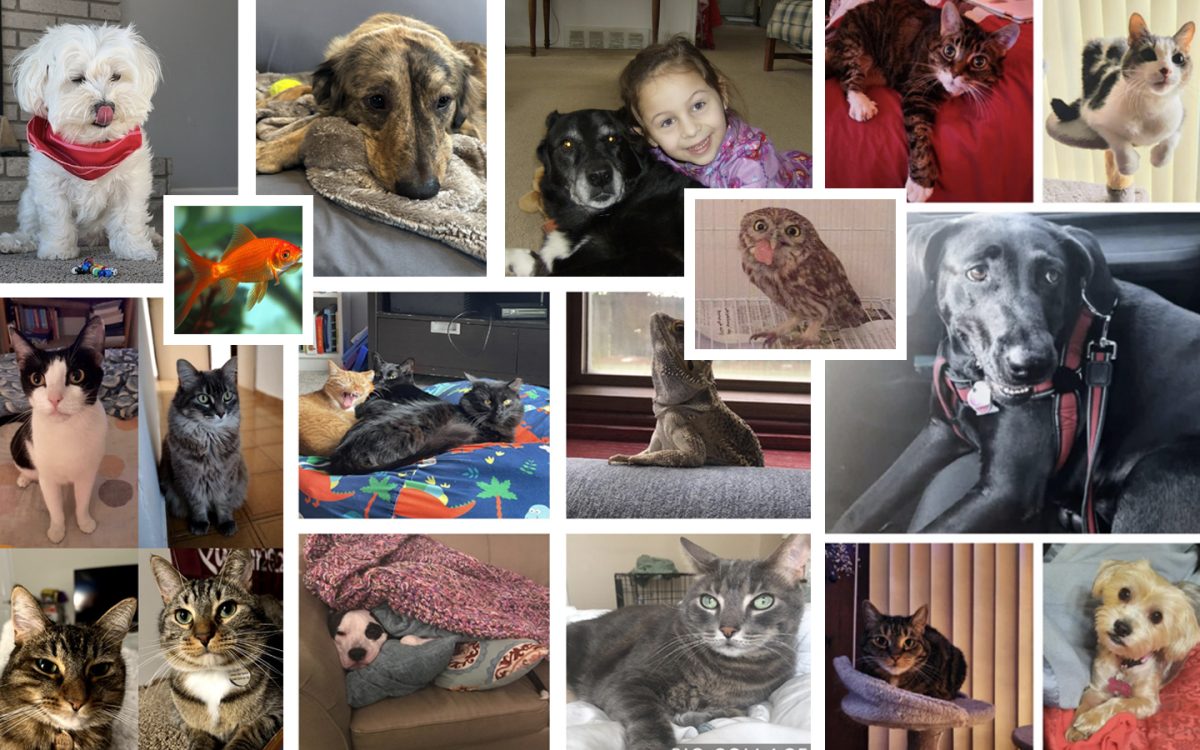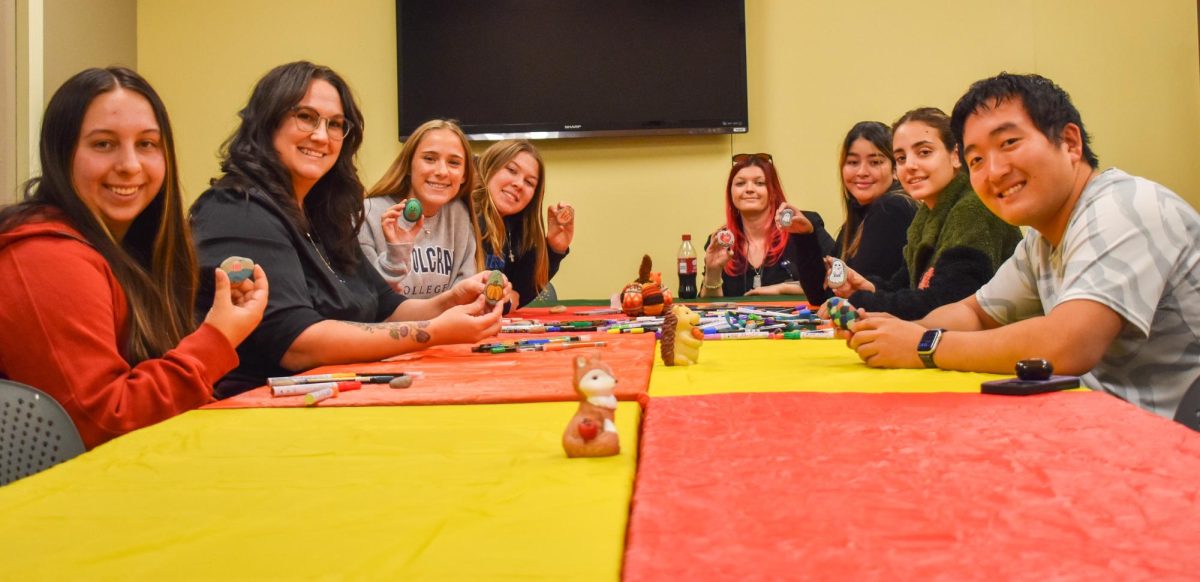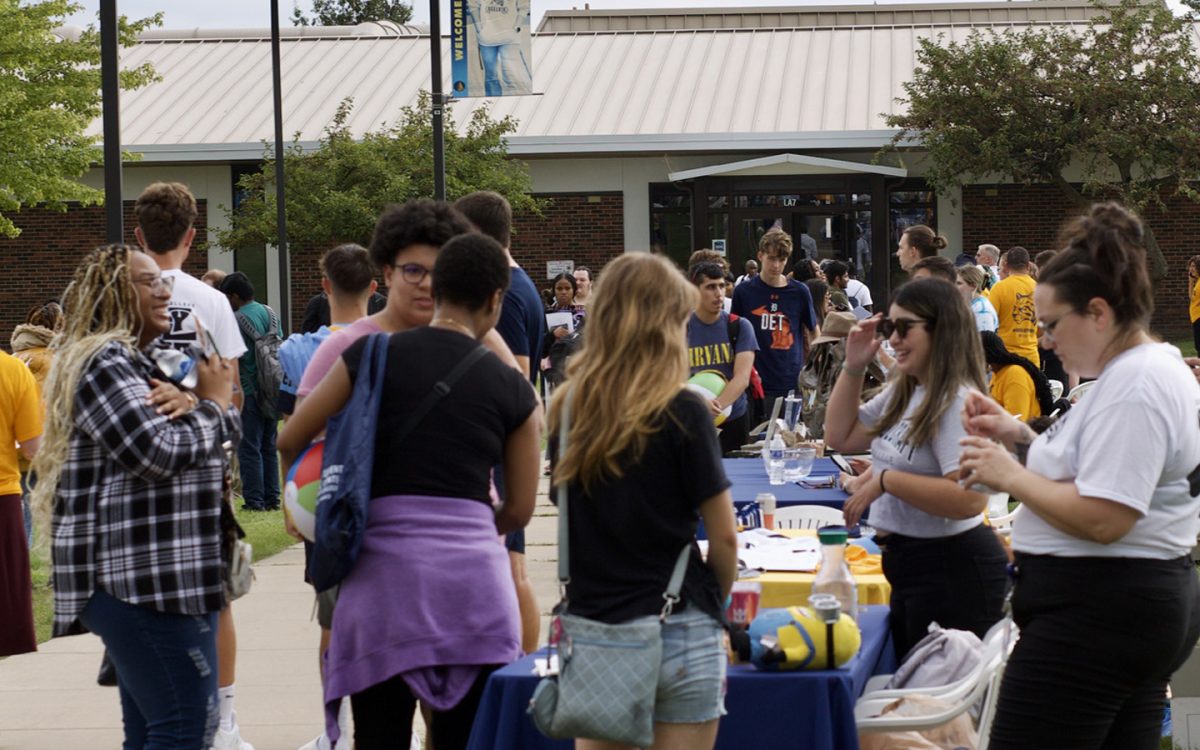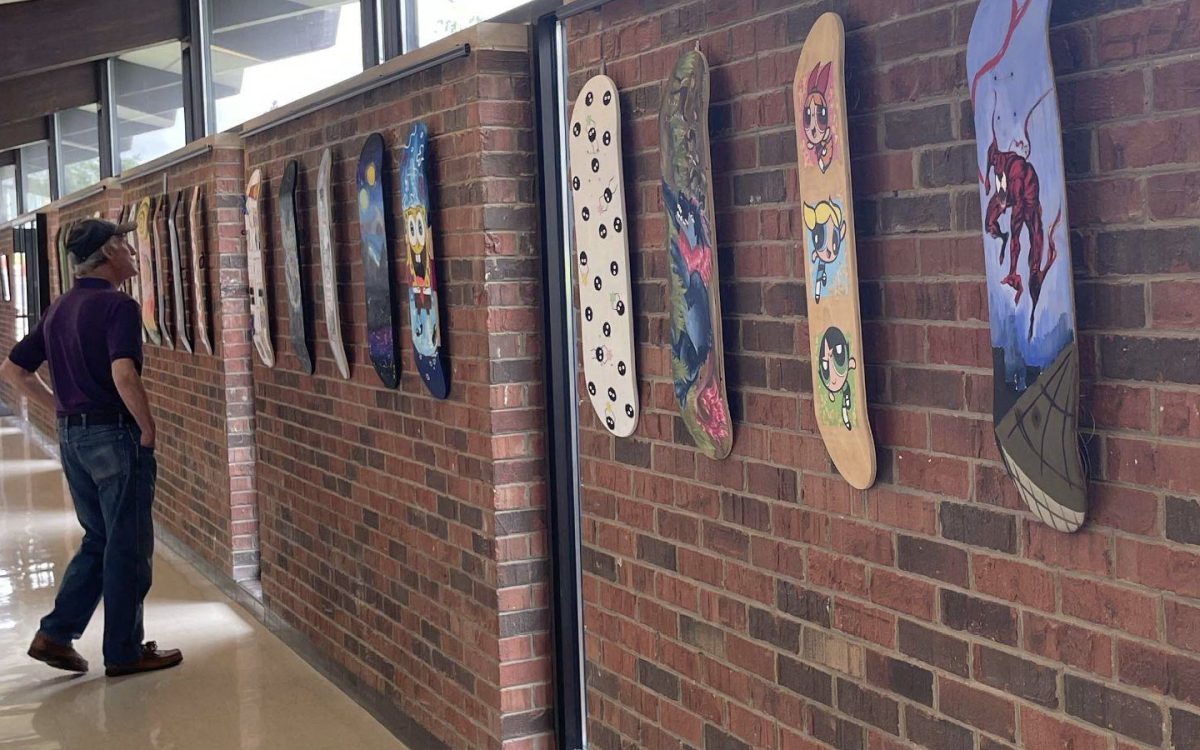On Jan. 24, sexually explicit AI-generated images of Taylor Swift garnered millions of views on Twitter. The images originated from the 4chan website before being reposted to Twitter, according to a report by 404 Media. While Swifties quickly came to the defense of Swift, the damage had already been done. The images continued to spread through platforms, such as Instagram and Facebook. Tweets featuring the photos had hundreds of thousands of likes and it took hours before the accounts were taken down.
The images reignited the already heated debates and discussions about the ethics and legality of AI usage. While the further development of technology has always been a subject of concern through works of fiction, such as The Matrix and The Terminator, the anxieties surrounding the rapid evolution of technology have once again been brought to the forefront of mainstream media.
At the moment, there are no artificial intelligence softwares attempting to enslave or eradicate the human race. AI has created a new set of issues that need to be addressed immediately.
Swift is unsurprisingly not the first victim of sexual harassment through AI. This violation of Swift’s person is a symptom of a much larger issue.
The fabrication of non-consensual pornographic deepfake content has grown to be a pressing issue since 2017. When an account on Reddit posted videos with the faces of famous actresses. In 2019, research by Sensity found that 96 percent of deepfakes on the internet were pornographic. Since then the use of deepfake technology has only increased significantly.
In the years since 2017, technology has also vastly changed, with programs like ChatGPT and Hotpot; AI has become extremely popular and accessible to the general public. While there may certainly be some merits to Artificial Intelligence, the accessibility has been abused. It has been utilized as a weapon to humiliate and harm others.
According to MSNBC, in November of last year, a group of girls in high school discovered the existence of AI-generated sexually explicit imagery about them. Which had been created and shared by their classmates at a high school in New Jersey.
In 2021, a 14-year-old girl took her own life after her face was photoshopped onto the body of a pornographic performer. In September of last year, more than twenty teenage girls in Spain received AI-generated nude photos of themselves.
According to the United Nations, technology has vastly facilitated gender-based violence. “Artificial Intelligence (AI) raises concerns about protecting and promoting human rights. Societal biases linked to gender roles and identities are ingrained in social programmes and services through automated decision-making,” they wrote in one article. “Algorithms and devices have the potential to spread and reinforce harmful gender stereotypes. These gender biases pose a risk of further stigmatizing and marginalizing women on a global scale,” they continued.
The Artificial Intelligence sector of technology is currently severely unregulated. Some states, however, have passed certain laws that provide some protection against AI and bills have been introduced in Congress to address this issue, though nothing is solid at the moment. The Taylor Swift images, however, did attract a lot of attention from government officials. With the White House Press Secretary Karine Jean-Pierre addressing the issue in a press conference. “This is very alarming. And so, we’re going to do what we can to deal with this issue,” stated Jean-Pierre.
Since the spread of the Taylor Swift images, a new bill that would criminalize the spread of AI-generated nonconsensual, sexualized imagery was introduced. Moreover, it would allow victims an opportunity for a civil penalty against their aggressors. It is shameful that it took this long for action against this issue to finally gain momentum that the humiliation of countless women and girls, famous or not, wasn’t enough for it to be properly addressed.
It is imperative that limits are established around the use of AI for the true protection of women, girls and people as a whole.



